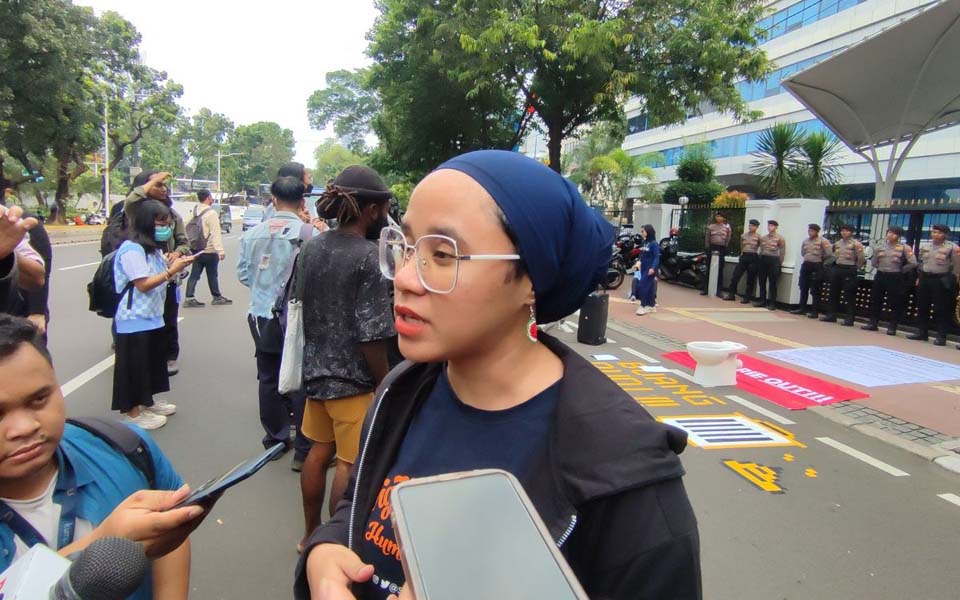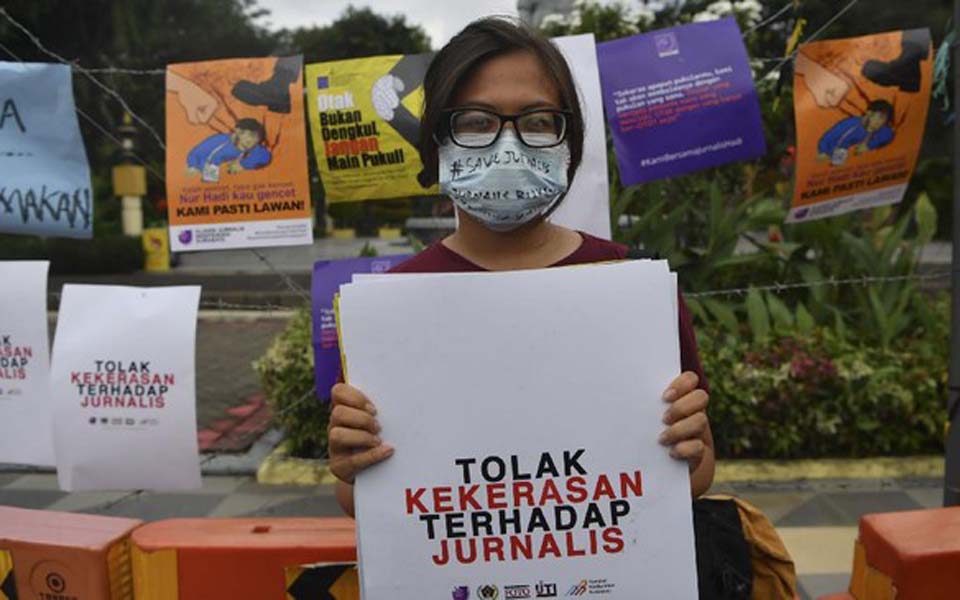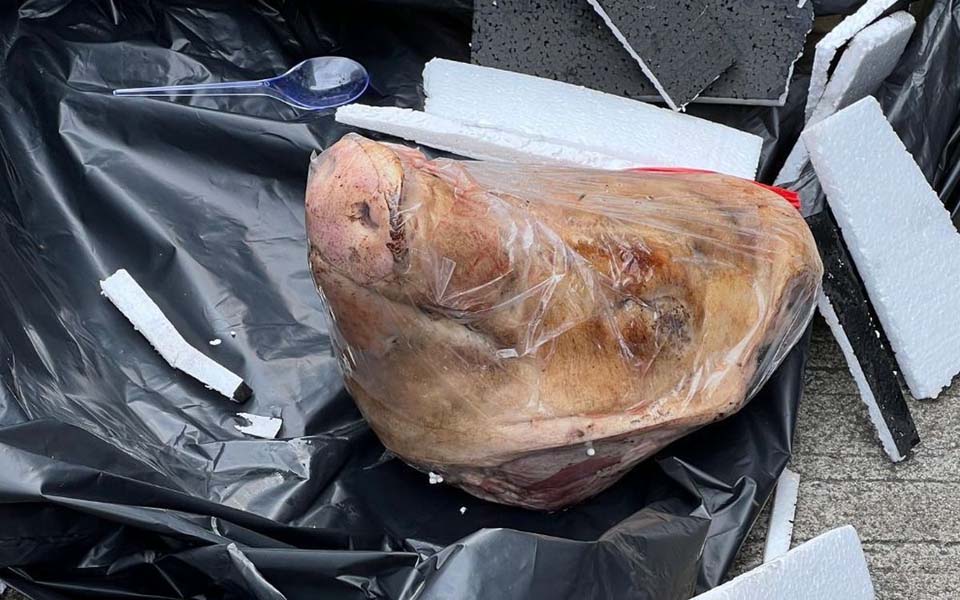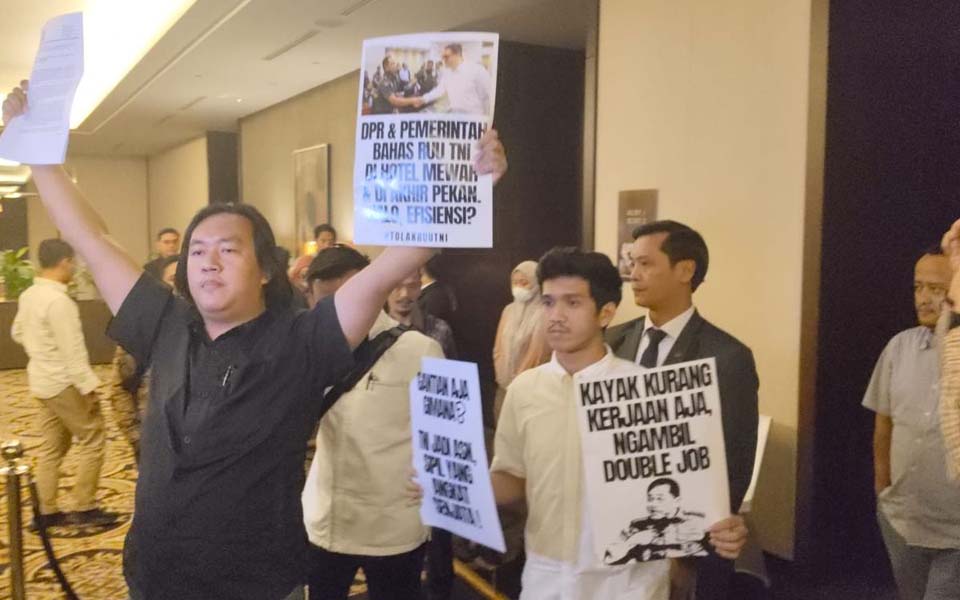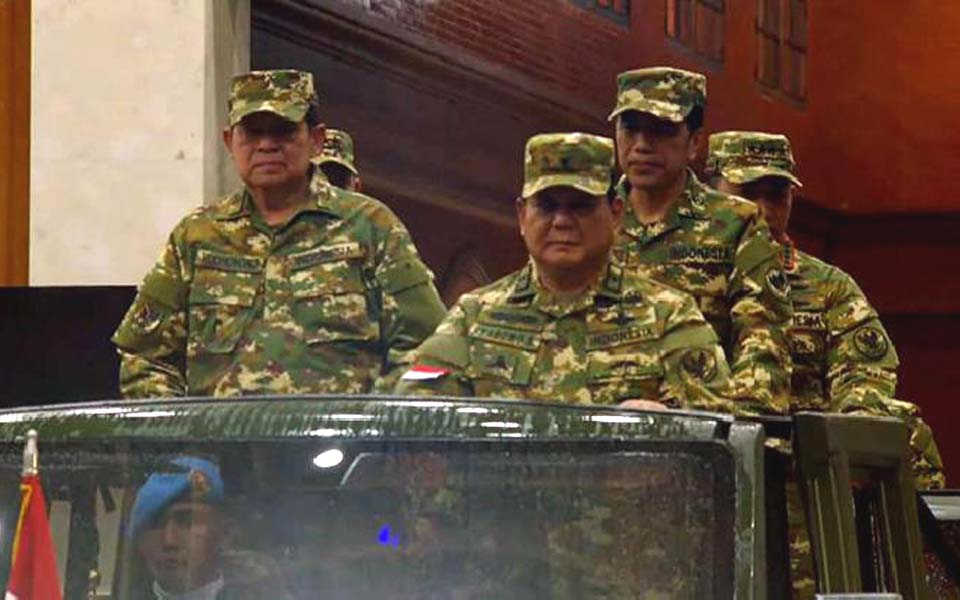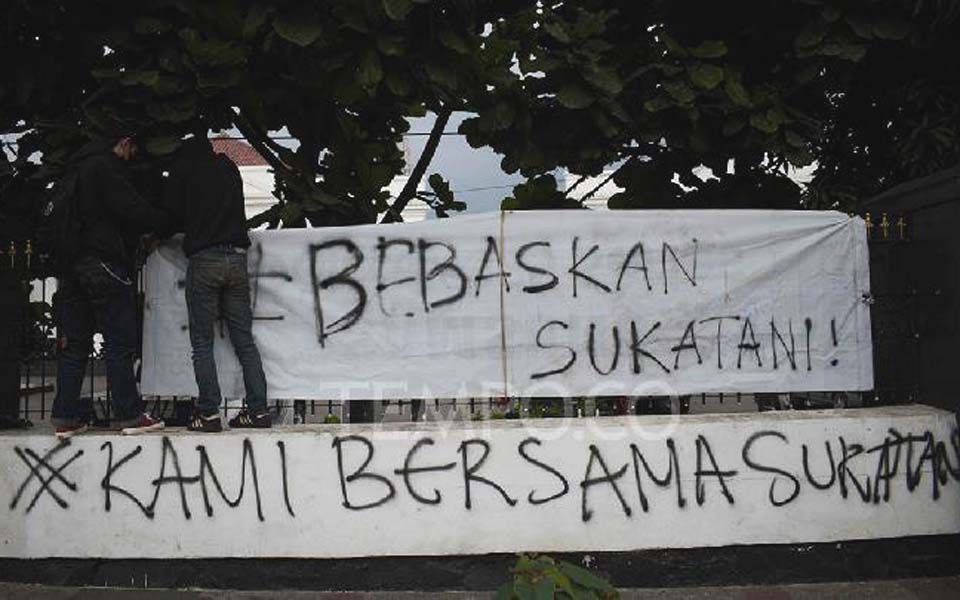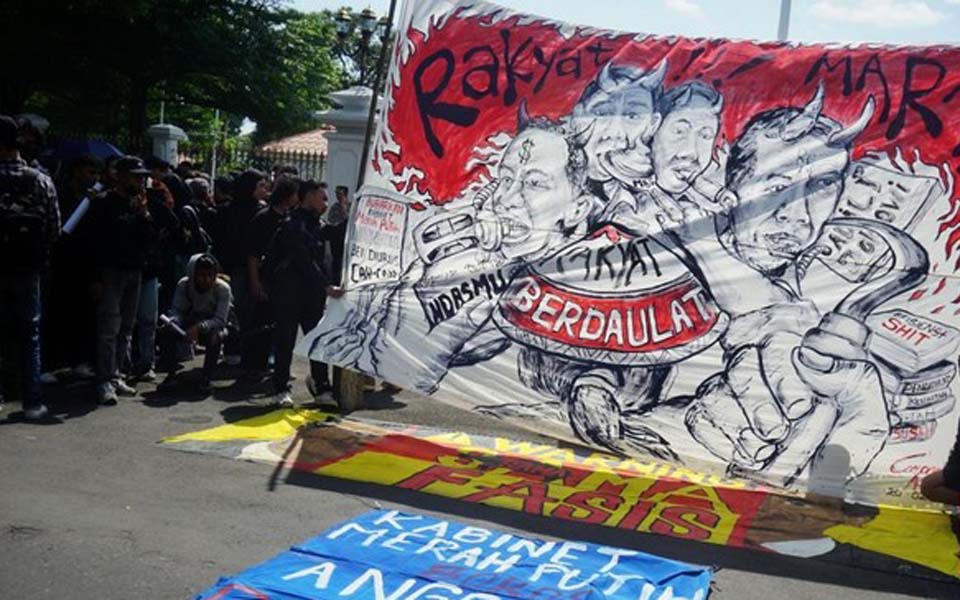Achmad Nasrudin Yahya, Jakarta – President Joko "Jokowi" Widodo's statement asking the public to be more active in conveying criticism and input on government performance is not in line with the actual situation.
Southeast Asia Freedom of Expression Network's (SAFEnet) Executive Director Damar Juniarto emphasised that President Widodo does indeed have an obligation to guarantee people’s freedom to convey criticism.
On the other hand however, there are several regulations which threaten freedom of expression and opinion.
"Pak [Mr] Jokowi's appeal is great, and I do indeed think that in his position as president he is obliged to provide guarantees, that the Indonesian public is allowed to convey criticism", said Juniarto when contacted by Kompas.com on Tuesday February 9.
SAFEnet notes that there are several regulations which restrict freedom of expression in Indonesia including the Information and Electronic Transaction Law (UU ITE), Communication and Information Technology Ministry Regulation Number 19/2014 on Internet Websites Containing Negative Content, the law on wire tapping and the broadcasting law.
The Civil Society Coalition reported that between 2016 and 2020 the catchall articles in the ITE Law resulted in a conviction rate of 96.8 percent (744 cases). Meanwhile the rate of incarceration under the law was as high as 88 percent (676 cases).
The threat posed by the ITE law is becoming massive. Based on a survey by the Katadata Insight Center, the law is able to cover 99 percent of surveillance of internet users in Indonesia.
According to a report by SAFEnet's ITE Law Victims Association sub-division head Muhammad Arsyad late last year, surveillance of internet users meanwhile is largely directed at the Facebook, YouTube and WhatsApp platforms.
On the other hand, Indonesia's 2020 Democracy Index declined with The Economist Intelligence Unit (EIU) recording Indonesia as only garnering a score of 5.59 for civil freedoms. Many consider this assessment to be lowest Indonesia has received over the last decade, particularly in terms of civil rights.
In relation to President Widodo's appeal, according to Juniarto, it is not that the public does not want to convey criticism. Rather it is the threat of these regulations which make the public afraid to do so.
"The problem which I think is most obvious is that the public is being kept down by a feeling of fear or the fear of expressing an opinion freely. The trigger for this is the 'deterrent effect', looking at the many regulations which very much restrict our freedom of expression", explained Juniarto.
It is because of this that Juniarto believes that Widodo's statement is problematic given the situation facing the public at the moment. "Pak [Mr] President's statement is problematic", he said.
Earlier, when giving a speech at the launch of the Indonesian Ombudsman's 2020 Annual Report, Widodo asked the public to be more active in conveying criticism and input on the government's performance. He also asked public service providers to continue to improve their performance.
"The public must be more active in conveying criticism, input, or potential maladministration, and public services must continue efforts at improvement", said Widodo in a broadcast on the Indonesian Ombudsman's YouTube channel on Monday February 8.
Widodo said that he understands that the government's performance needs much improvement, including in the handling of the Covid-19 pandemic. Because of this he pledged to conduct an evaluation, part of which would be based on the notes conveyed by the Ombudsman.
"These notes are very important to promote improvements in the quality standards of public services in the future", said Widodo.
[Translated by James Balowski. The original title of the article was "Dilema antara Pernyataan Jokowi dan Ancaman atas Kebebasan Berpendapat".]






